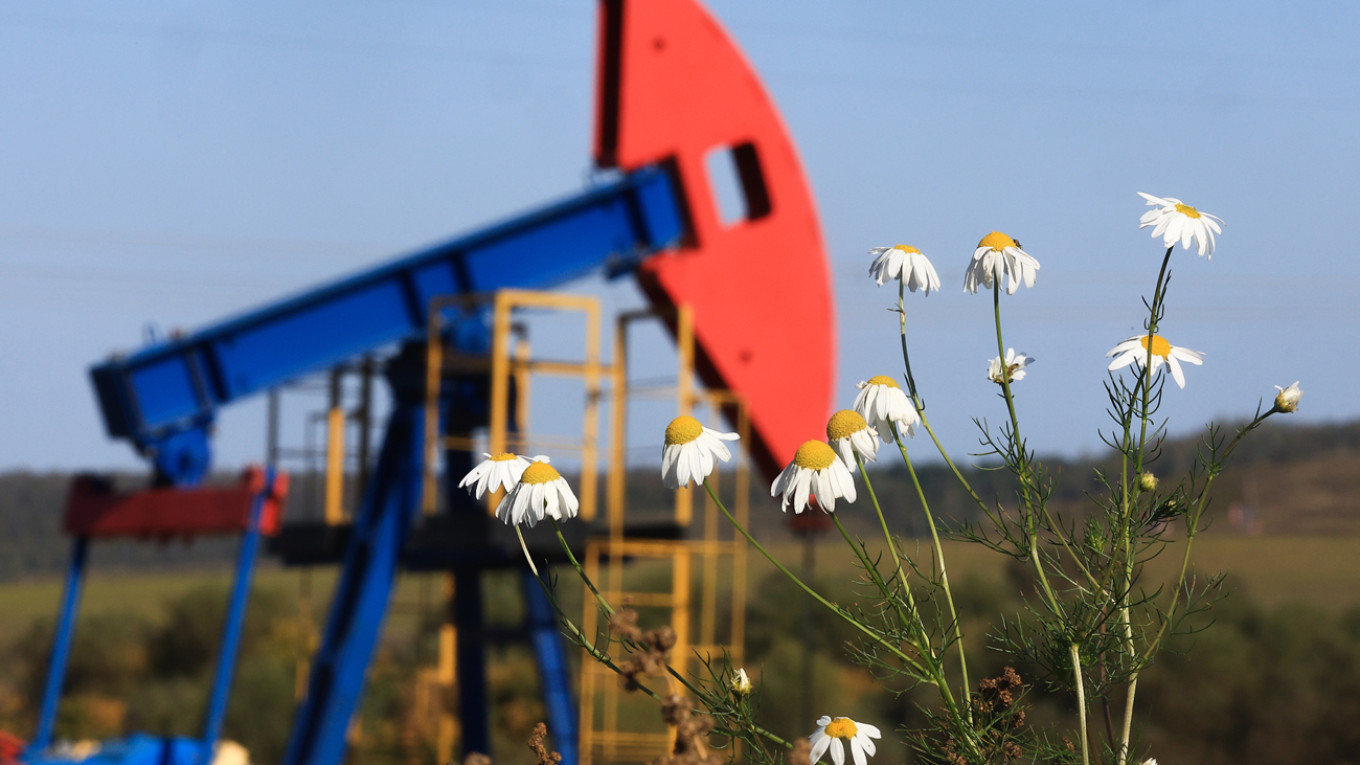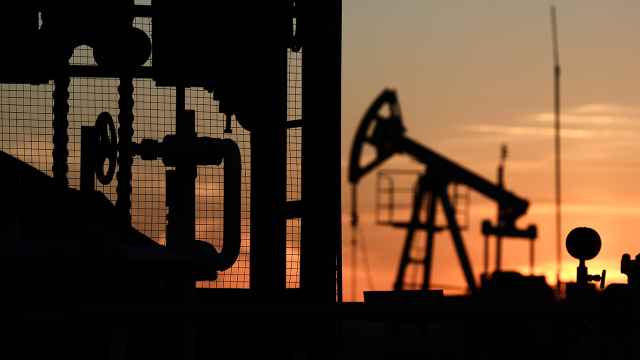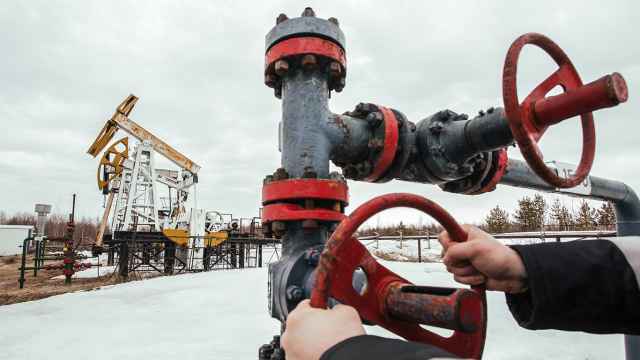Russia’s flagship Urals crude oil, a key contributor to the national budget and the country’s war chest, jumped nearly 15% following the outbreak of hostilities between Israel and Iran, according to analysts at BCS Bank.
Urals was trading at 5,000 rubles ($65) per barrel on Friday, up from less than 4,400 rubles ($57.20) just three days earlier — its lowest level in two years.
Still, prices remain below the government’s expectations. The original budget had assumed a price of 6,700 rubles ($87.10) per barrel, while a revised forecast in May from the Economic Development Ministry set the target at 5,300 rubles ($68.90).
Although Urals averaged around 5,900 rubles ($76.70) per barrel in the first quarter of 2025, oil and gas revenues still fell by 10% year-on-year.
By May, the decline had accelerated to 34%, with total receipts from energy companies plummeting to 512.7 billion rubles ($6.66 billion) — the lowest monthly figure since January 2023, according to the Finance Ministry.
The government now expects to collect 8.3 trillion rubles ($107.9 billion) in oil and gas taxes this year, 2.6 trillion rubles ($33.8 billion) less than initially projected.
The resulting budget deficit is set to soar to 3.8 trillion rubles ($49.4 billion), more than triple the originally planned figure and the highest since the Covid-19 pandemic.
Analysts warn that a full-scale oil price surge could be triggered if Iran follows through on threats to close the Strait of Hormuz, a vital maritime chokepoint between the Persian Gulf and the Gulf of Oman through which about one-fifth of the world’s oil is transported.
Iran issued the threat on Saturday after Israeli forces targeted oil storage facilities and infrastructure at the South Pars gas field, the largest in the country.
If the strait is blocked, oil prices could spike well into the triple digits, with $130 per barrel potentially just the beginning, analysts at BCS warned.
But if the two countries’ trading of strikes remains limited, the price of oil is likely to rise by no more than $5 per barrel compared to pre-conflict levels.
Brent crude futures were trading at $73.65 per barrel as of 2:40 p.m. Moscow time on Monday, down 6.3% from Friday’s high of $78.50.
A Message from The Moscow Times:
Dear readers,
We are facing unprecedented challenges. Russia's Prosecutor General's Office has designated The Moscow Times as an "undesirable" organization, criminalizing our work and putting our staff at risk of prosecution. This follows our earlier unjust labeling as a "foreign agent."
These actions are direct attempts to silence independent journalism in Russia. The authorities claim our work "discredits the decisions of the Russian leadership." We see things differently: we strive to provide accurate, unbiased reporting on Russia.
We, the journalists of The Moscow Times, refuse to be silenced. But to continue our work, we need your help.
Your support, no matter how small, makes a world of difference. If you can, please support us monthly starting from just $2. It's quick to set up, and every contribution makes a significant impact.
By supporting The Moscow Times, you're defending open, independent journalism in the face of repression. Thank you for standing with us.
Remind me later.






